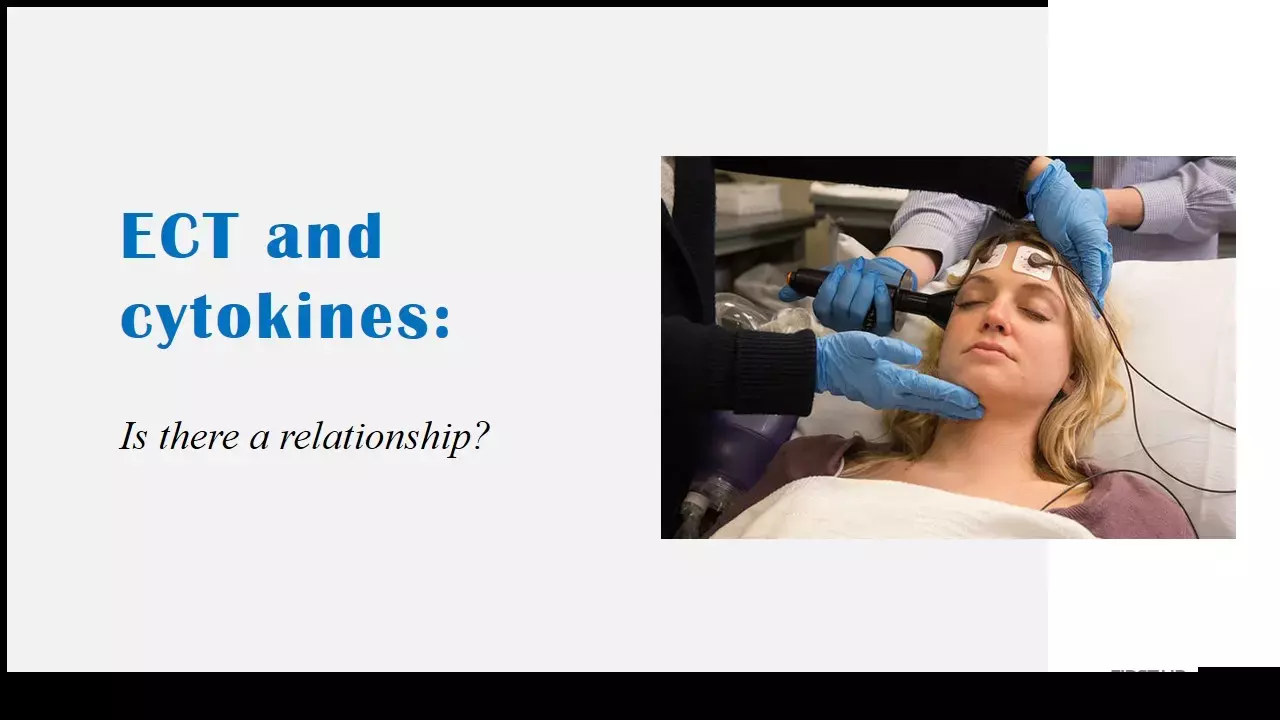- Home
- Medical news & Guidelines
- Anesthesiology
- Cardiology and CTVS
- Critical Care
- Dentistry
- Dermatology
- Diabetes and Endocrinology
- ENT
- Gastroenterology
- Medicine
- Nephrology
- Neurology
- Obstretics-Gynaecology
- Oncology
- Ophthalmology
- Orthopaedics
- Pediatrics-Neonatology
- Psychiatry
- Pulmonology
- Radiology
- Surgery
- Urology
- Laboratory Medicine
- Diet
- Nursing
- Paramedical
- Physiotherapy
- Health news
- Fact Check
- Bone Health Fact Check
- Brain Health Fact Check
- Cancer Related Fact Check
- Child Care Fact Check
- Dental and oral health fact check
- Diabetes and metabolic health fact check
- Diet and Nutrition Fact Check
- Eye and ENT Care Fact Check
- Fitness fact check
- Gut health fact check
- Heart health fact check
- Kidney health fact check
- Medical education fact check
- Men's health fact check
- Respiratory fact check
- Skin and hair care fact check
- Vaccine and Immunization fact check
- Women's health fact check
- AYUSH
- State News
- Andaman and Nicobar Islands
- Andhra Pradesh
- Arunachal Pradesh
- Assam
- Bihar
- Chandigarh
- Chattisgarh
- Dadra and Nagar Haveli
- Daman and Diu
- Delhi
- Goa
- Gujarat
- Haryana
- Himachal Pradesh
- Jammu & Kashmir
- Jharkhand
- Karnataka
- Kerala
- Ladakh
- Lakshadweep
- Madhya Pradesh
- Maharashtra
- Manipur
- Meghalaya
- Mizoram
- Nagaland
- Odisha
- Puducherry
- Punjab
- Rajasthan
- Sikkim
- Tamil Nadu
- Telangana
- Tripura
- Uttar Pradesh
- Uttrakhand
- West Bengal
- Medical Education
- Industry
Serum IL-6 levels not affected by ECT in bipolar patients, finds study

Recent reports about concurrence of autoimmune diseases with bipolar disorder indicates a possible role of inflammatory cytokines in the pathogenesis of this disorder. Some studies have shown that the serum levels of peripheral cytokines such as IL-2, 6, 10, and 1 beta and 1RA are higher in patients with bipolar disorder.
Despite ECT's effectiveness for treating psychiatric disorders, its mechanism of action remains unknown. Whether it affects the cytokine levels in body is an unanswered question. A study by Narges Shams-Alizadeh et al. published in Asian Journal of Psychiatry has revealed that electroconvulsive therapy (ECT) doesnot significantly affect the cytokine IL-6 levels in patients with bipolar disorders.
Changes in the blood levels of immunomodulators during ECT have been reported. However, the results of various studies in this field have not always been consistent and, most studies have barely examined changes in cytokines in patients with depression. Given the possible role of cytokines in mood disorders, this study aimed to evaluate IL-6 changes at the end of an ECT course in patients with bipolar disorder in the manic phase.
The cross-sectional study was performed on 46 patients, aged 18-50 years, with bipolar disorder who were admitted because of manic episodes and underwent ECT. Patients received at least six sessions of ECT, with normal IQ, and a minimum score of 20 on the Young Mania Rating Scale (YMRS).
It was found that the serum IL-6 levels in the participants were not significantly associated with their demographic and clinical characteristics such as sex, number of manic episodes, number of depressive episodes, history of ECT, family history of bipolar disorder, course of the disease in terms of complete or partial remissions between relapse attacks and the severity of manic episodes based YMRS score.
Although the serum level of IL-6 showed a slight decrease half an hour after the end of the seizures, compared to before the onset of ECT, this decrease was not statistically significant.
Despite the improvement of manic symptoms at the end of the ECT period and a decrease in the YMRS score, changes in these scores were not significantly associated with changes in serum IL-6 levels (P = 0.6). Changes in serum IL-6 levels were not significantly associated with the intensity of electrical stimulation given to patients during ECT
It can be concluded that despite the improvement of manic symptoms at the end of the ECT period and a decrease in the YMRS score, changes in these scores were not significantly associated with changes in serum IL-6 levels. The major limitation of this study was the use of a single cytokine marker IL-6. Future studies should focus on the changes of proinflammatory cytokines during ECT and their potential role in the pathophysiology of bipolar disorder using large sample size of patients in manic or depressive episodes with a wide range of cytokines.
Source: Asian Journal of Psychiatry: doi: 10.1016/j.ajp.2021.102754
M.B.B.S, M.D. Psychiatry
M.B.B.S, M.D. Psychiatry (Teerthanker Mahavir University, U.P.) Currently working as Senior Resident in Department of Psychiatry, Institute of Human Behaviour and Allied Sciences (IHBAS) Dilshad Garden, New Delhi. Actively involved in various research activities of the department.
Dr Kamal Kant Kohli-MBBS, DTCD- a chest specialist with more than 30 years of practice and a flair for writing clinical articles, Dr Kamal Kant Kohli joined Medical Dialogues as a Chief Editor of Medical News. Besides writing articles, as an editor, he proofreads and verifies all the medical content published on Medical Dialogues including those coming from journals, studies,medical conferences,guidelines etc. Email: drkohli@medicaldialogues.in. Contact no. 011-43720751


